Recent Articles
Filter Topics
- All Topics
- Business & Growth (38)
- Business Leadership (8)
- Chicago’s Advantage (45)
- GCEP (10)
- Industries & Innovation (33)
- News Item (795)
- Uncategorized (5)
- WBC Events & Recognition (41)
- WBC Initiatives (37)
- WBC Research Center (23)
- Blogs (3)
- Chicago 2050 (2)
- NEWS (100)
- WBC Blogs (1)
- Workforce & Entrepreneurship (8)
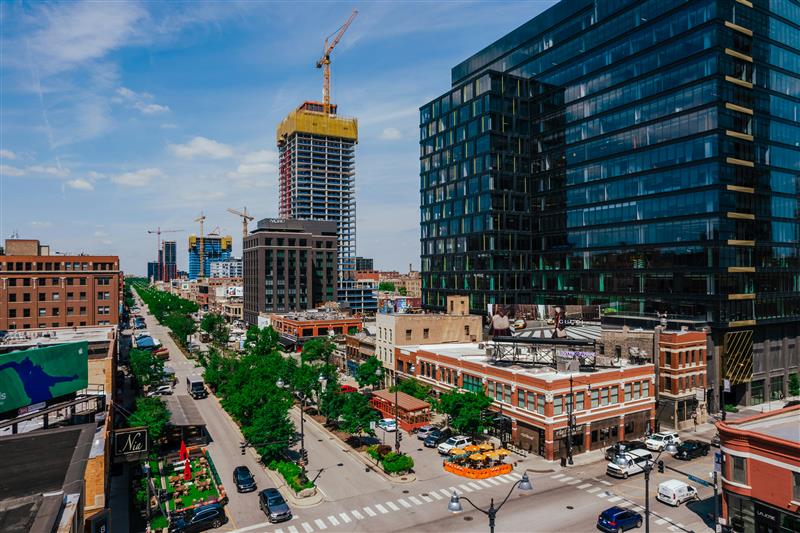
Why Chicagoland Shines in Innovation Rankings — Capital, Talent, Ecosystem, and New Momentum
Chicagoland has long been celebrated for its industry, transportation, and cultural influence. Today, it is also rapidly emerging as a hub for technology, innovation, and entrepreneurship. From globally recognized innovation…
Read More
Report: Chicagoland’s Solar Landscape
Federal investments, statewide initiatives, and expanded capacity and demand in Chicagoland have prompted investment in the region’s solar industry. Specifically, the establishment of Cook County Solar Synergy — initially funded…
Read More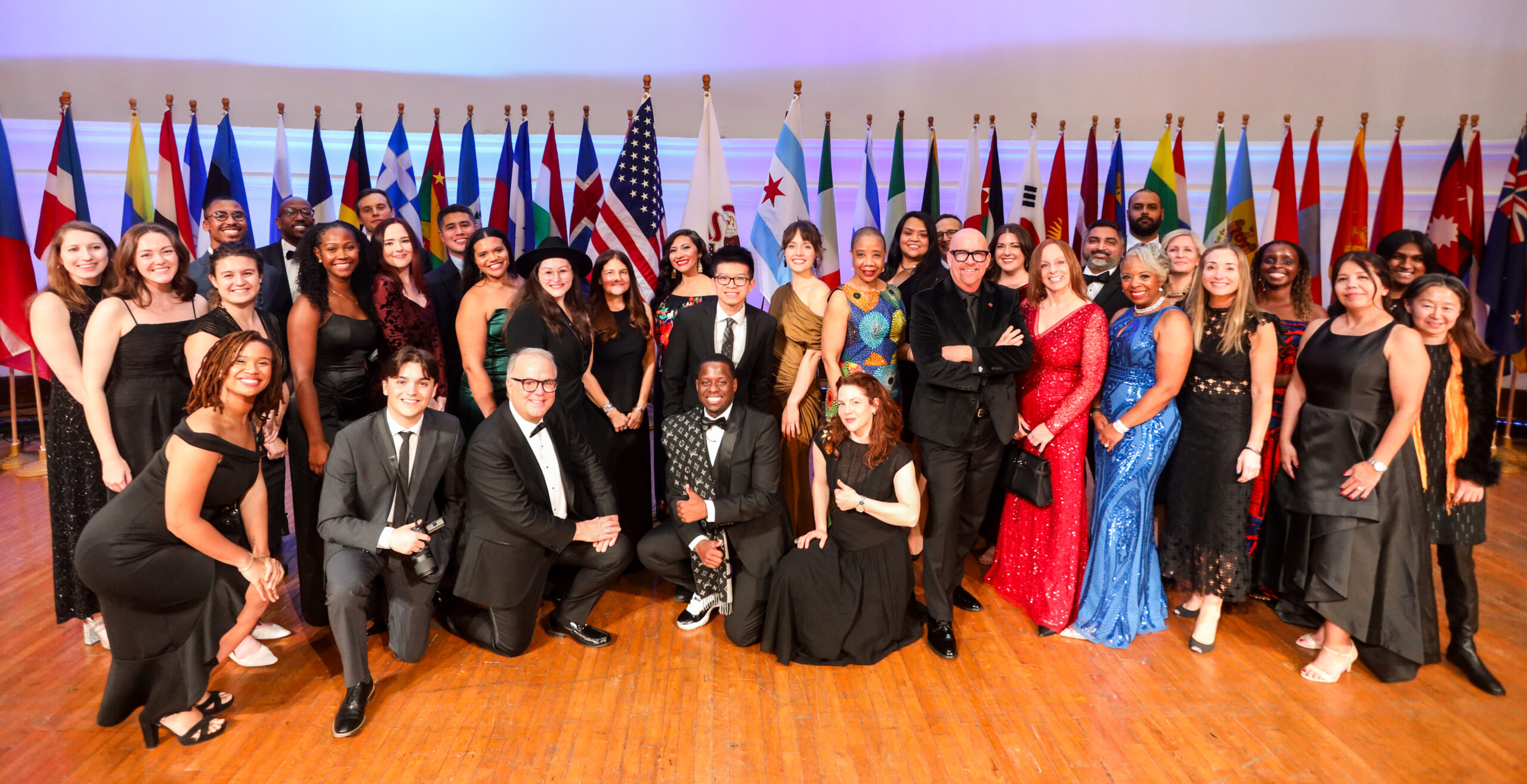
Giving Thanks for the Spirit of Chicago
As we take this moment for Thanksgiving reflection, we celebrate the extraordinary people and businesses who power the momentum of the entire Chicagoland region — in every neighborhood, every municipality,…
Read More
Chicagoland: Built for the Future of Intelligent Automation
Across every major industry, robotics and intelligent automation are no longer emerging technologies—they are now defining competitive advantage, productivity, and the future of work. And nowhere is this transformation more…
Read More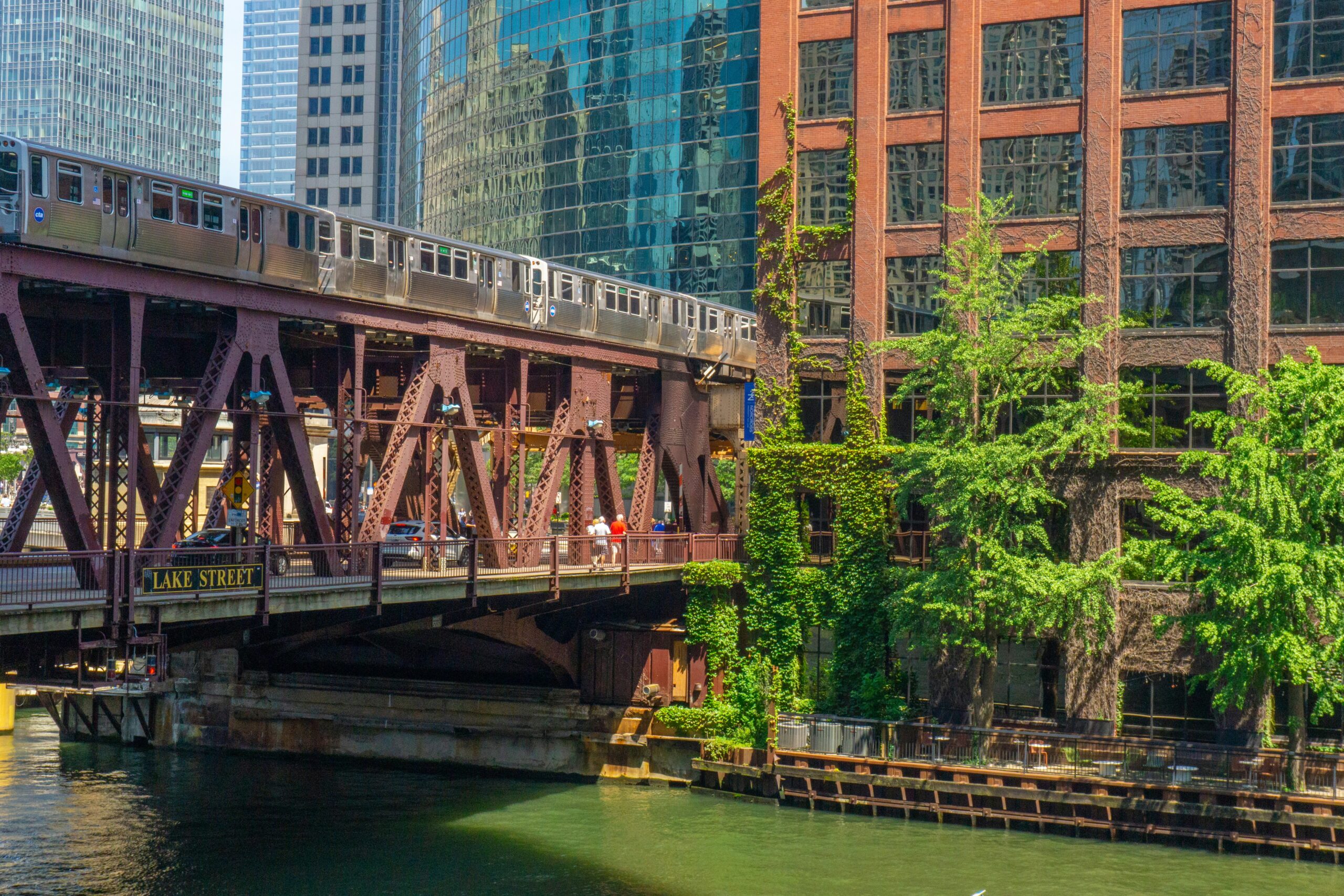
Chicago 2050: A data-driven plan to grow jobs, investment, and confidence
What is Chicago 2050? Chicago 2050 is a two-phase plan for growth. Chapter One—the playbook unveiled this week—focuses on the next five years: where Chicago is strongest, where we can…
Read More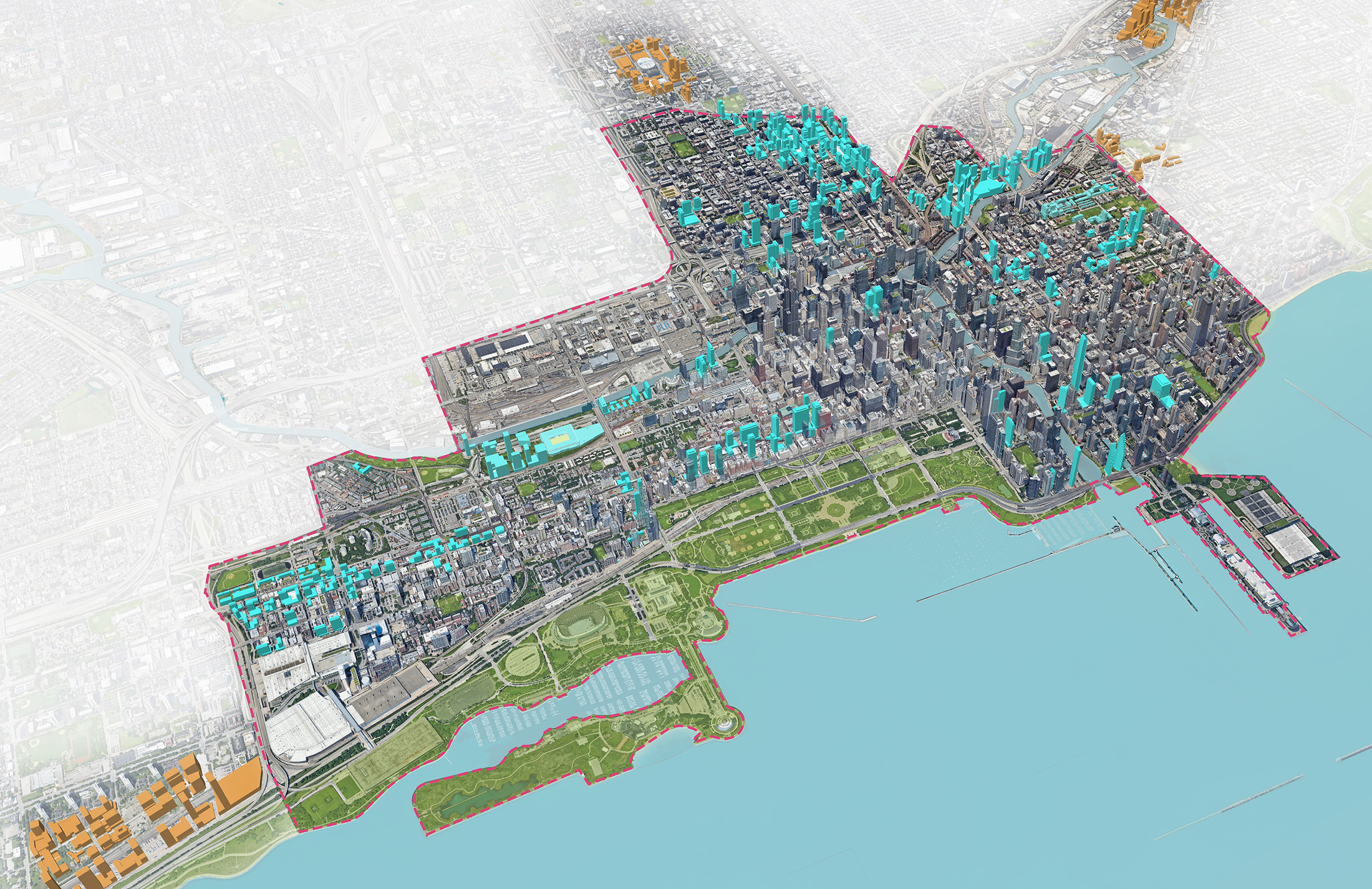
Building a Chicago where every neighborhood and every business can thrive.
As we look towards the new year, Chicago’s economic future will be shaped by the decisions we make now—from strengthening the economic engine of our central area to ensuring small…
Read More
Sweet Home Chicago: Where the World’s Favorite Candy Is Made
This Halloween, World Business Chicago is encouraging everyone to buy local and savor Chicago-made sweets. We were recently featured on CBS 2 Chicago, talking about why Chicagois the sweetest city…
Read More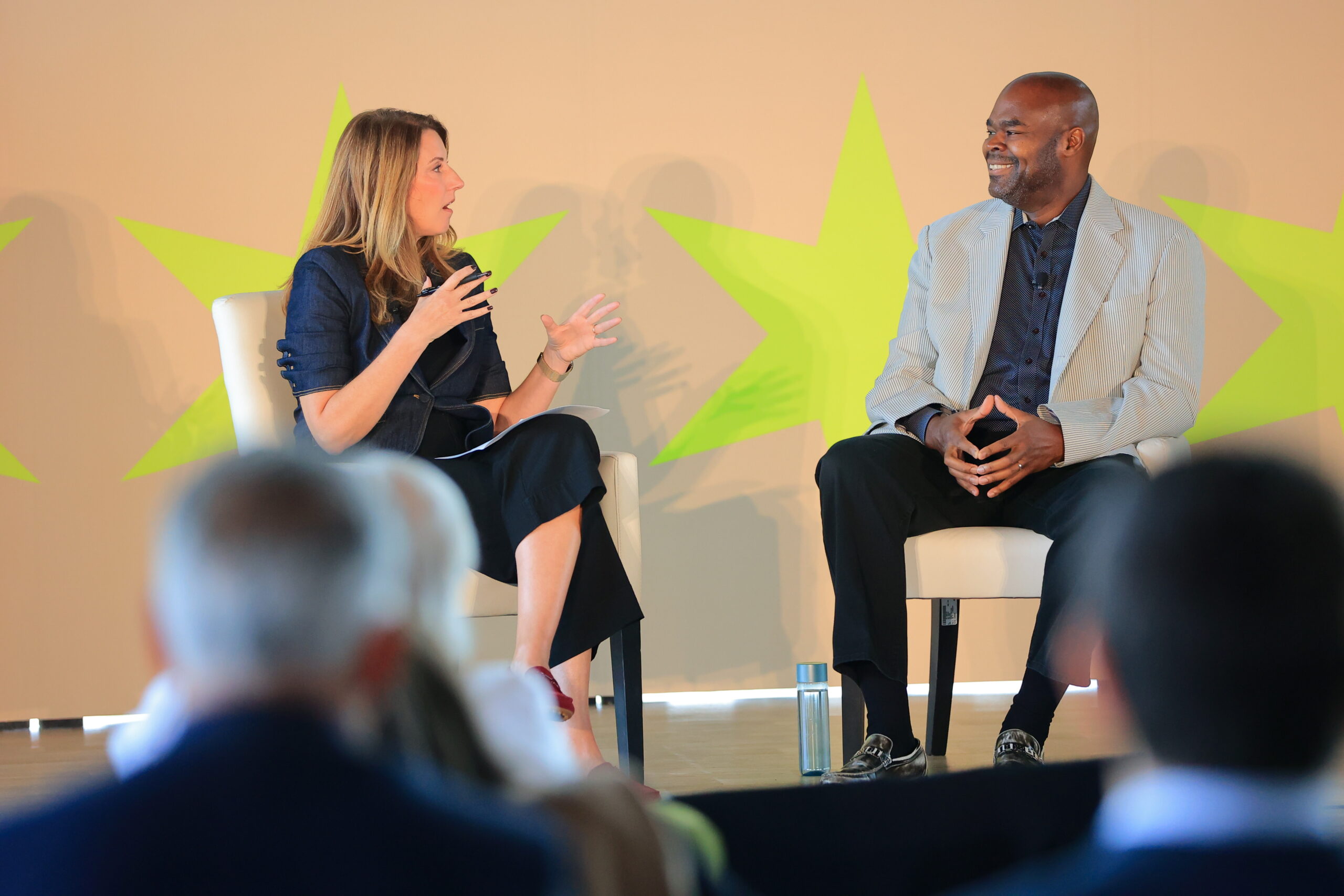
A Look Inside Chicago’s Most Coveted Venture Event
Chicago continues to lead the charge in shaping the future of food in America. From cutting-edge AgTech and innovation to the ingenuity born in the city’s early stockyards, Chicago’s startup,…
Read More1/121
